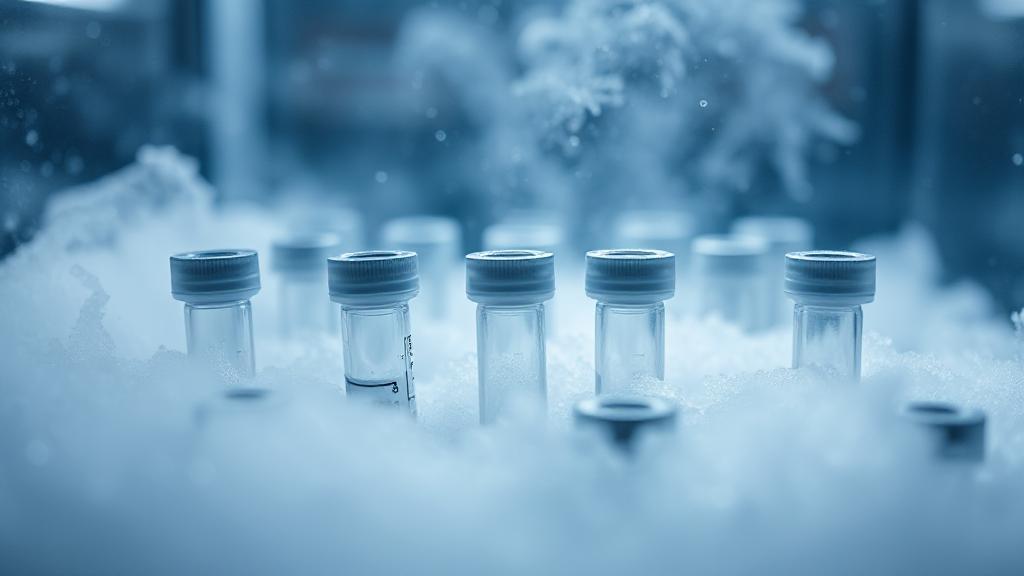Introduction to Sperm Freezing
Sperm freezing, also known as sperm cryopreservation, is a process that allows individuals to preserve their sperm for future use. This technique is particularly beneficial for those who may face fertility challenges due to medical treatments, age, or lifestyle choices. As with any medical procedure, understanding the costs involved is crucial for making informed decisions.
Why Consider Sperm Freezing?
There are several reasons why individuals might consider sperm freezing:
- Medical Treatments: Men undergoing treatments such as chemotherapy or radiation may experience reduced fertility
- Age and Lifestyle: As men age, sperm quality can decline
- Gender Transition: Transgender individuals may choose to freeze sperm before hormone therapy
- Injury or illness: Men who have suffered a serious injury or illness that may affect their fertility
- Genetic conditions: Men with genetic conditions that may affect their fertility
Initial Consultation and Testing
Before the freezing process begins, patients typically undergo:
- Initial fertility consultation ($150-300)
- Semen analysis ($100-250)
- STD testing ($100-300)
- Genetic screening (optional, $300-1,000)
The Freezing Process
The process involves several components:
- Collection of sample
- Processing and analysis
- Cryopreservation
- Storage preparation
The basic freezing fee typically ranges from $200-700 per sample.
Storage Fees
Storage costs represent an ongoing expense that varies by facility and location:
| Storage Period | Typical Cost Range |
|---|---|
| Monthly | $25-75 |
| Annual | $300-800 |
| Multi-year plans | $1,500-3,000 (5 years) |
"Long-term storage plans often offer significant discounts compared to month-to-month payments," according to the American Society for Reproductive Medicine.
Additional Costs to Consider
Transportation Fees
If you need to move your samples to another facility, expect to pay $100-300 for specialized shipping containers and handling.
Future Usage Costs
When you're ready to use your frozen sperm, additional expenses may include:
- Thawing fees ($100-200)
- Preparation for insemination ($200-400)
- IUI or IVF procedures (if needed)
Insurance Coverage and Financial Assistance
Most insurance plans don't cover elective sperm freezing. However, coverage may be available for:
- Cancer patients before treatment
- Military personnel before deployment
- Individuals with certain medical conditions
Organizations like LIVESTRONG Fertility and Fertile Hope provide resources and support for cancer patients seeking fertility preservation.
Cost-Saving Strategies
Consider these options to manage expenses:
- Compare prices across multiple facilities
- Ask about multi-sample discounts
- Investigate payment plans
- Check if your HSA/FSA can be used
- Research fertility financing programs
Factors Affecting Costs
Several factors can affect the cost of sperm freezing:
- Location: Clinics in urban areas may charge more
- Clinic reputation: Higher success rates may mean higher costs
- Services provided: Additional services may increase costs
- Insurance coverage: Coverage varies by plan
For more detailed information about sperm freezing procedures and success rates, visit the CDC's Assisted Reproductive Technology resource page or the Society for Assisted Reproductive Technology website.
